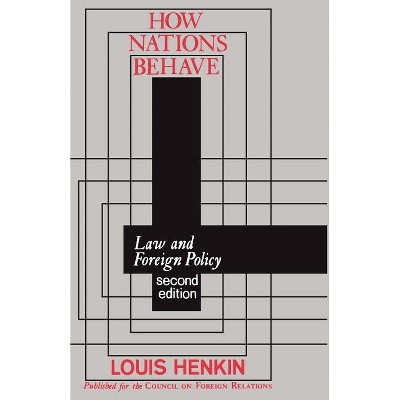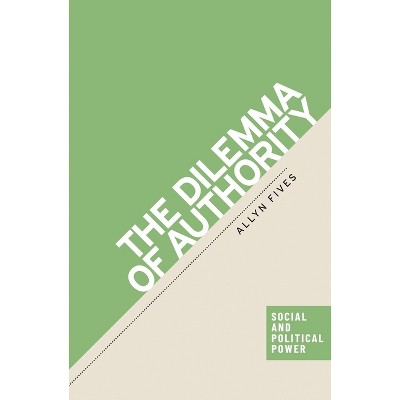Sponsored

Agents of Recalcitrance - by Mintao Nie (Hardcover)
In Stock
Sponsored
About this item
Highlights
- Fulfilling human rights treaty obligations extends beyond the mere ratification by national governments; it depends on the practices of local authorities, which continuously remake human rights standards and policies originating from higher levels of governance.
- About the Author: Mintao Nie is Assistant Professor of International Relations in the School of Political Science and Public Administration at China University of Political Science and Law, Beijing, China.
- 231 Pages
- Political Science, Human Rights
Description
Book Synopsis
Fulfilling human rights treaty obligations extends beyond the mere ratification by national governments; it depends on the practices of local authorities, which continuously remake human rights standards and policies originating from higher levels of governance. In Agents of Recalcitrance: The Struggle for Compliance with International Human Rights Law in Decentralized States, Mintao Nie posits that governmental decentralization, characterized by increased autonomy for local authorities in local affairs, reduces state compliance with human rights treaties. This reduction occurs because governmental decentralization impedes the downward spread of human rights norms across governmental tiers, creates numerous local actors immune to moral pressure from the international society, and enables the central government to evade international censure by shifting blame for human rights abuses to local officials. This focus on central-local governmental relations challenges the assumption of states as unitary actors, offering a systematic understanding of how the varied motives and constraints across different levels of government affect the translation of international human rights law into local practice, in a volume that will interest scholars, activists and lawyers.From the Back Cover
Fulfilling human rights treaty obligations extends beyond the mere ratification by national governments; it depends on the practices of local authorities, which continuously remake human rights standards and policies originating from higher levels of governance. In Agents of Recalcitrance: The Struggle for Compliance with International Human Rights Law in Decentralized States, Mintao Nie posits that governmental decentralization, characterized by increased autonomy for local authorities in local affairs, reduces state compliance with human rights treaties. This reduction occurs because governmental decentralization impedes the downward spread of human rights norms across governmental tiers, creates numerous local actors immune to moral pressure from the international society, and enables the central government to evade international censure by shifting blame for human rights abuses to local officials. This focus on central-local governmental relations challenges the assumption of states as unitary actors, offering a systematic understanding of how the varied motives and constraints across different levels of government affect the translation of international human rights law into local practice, in a volume that will interest scholars, activists and lawyers.
Mintao Nie is Assistant Professor of International Relations in the School of Political Science and Public Administration at China University of Political Science and Law, Beijing, China. He has received his PhD in Political Science from Purdue University. He studies international law and organization, nongovernmental organizations, and judicial politics. His research has appeared in such academic journals as Review of International Organizations, Leiden Journal of International Law, and European Journal of Empirical Legal Studies.
About the Author
Mintao Nie is Assistant Professor of International Relations in the School of Political Science and Public Administration at China University of Political Science and Law, Beijing, China. He has received his PhD in Political Science from Purdue University. He studies international law and organization, nongovernmental organizations, and judicial politics. His research has appeared in such academic journals as Review of International Organizations, Leiden Journal of International Law, and European Journal of Empirical Legal Studies.
Shipping details
Return details
Trending Non-Fiction

















